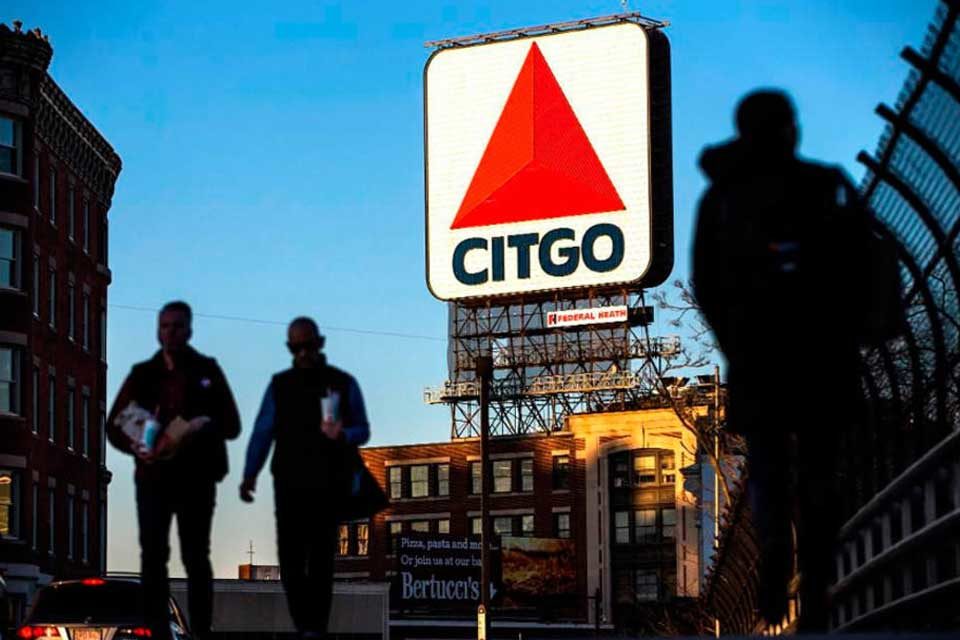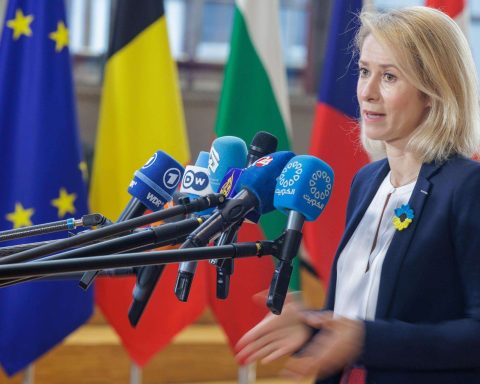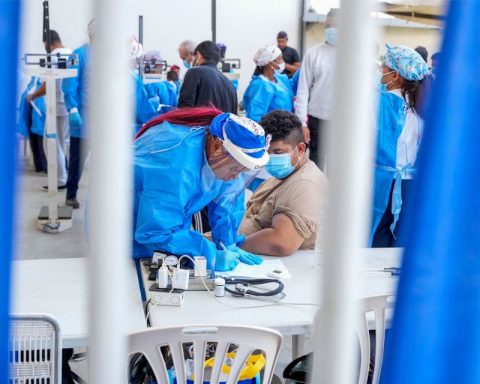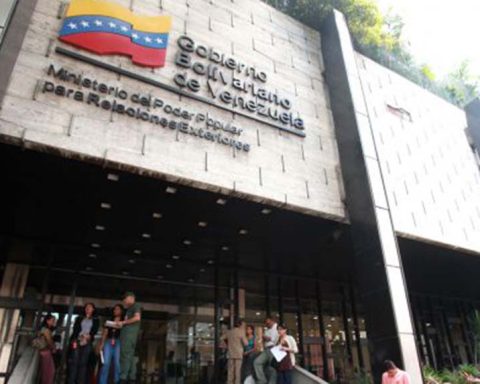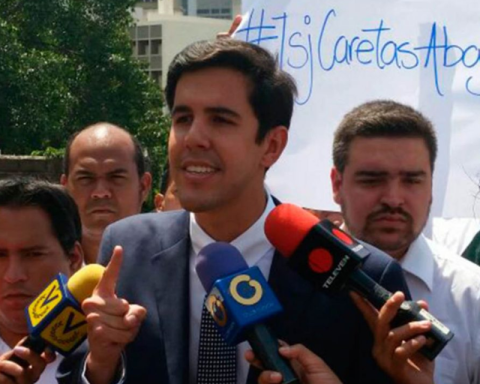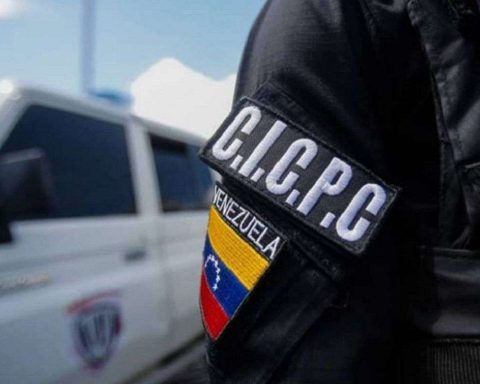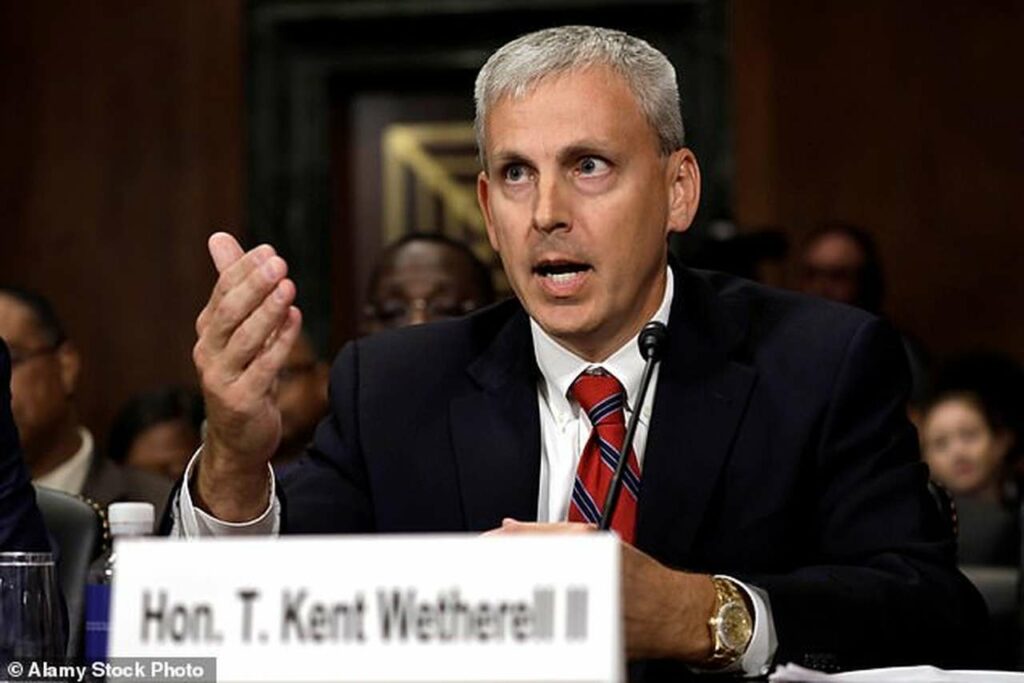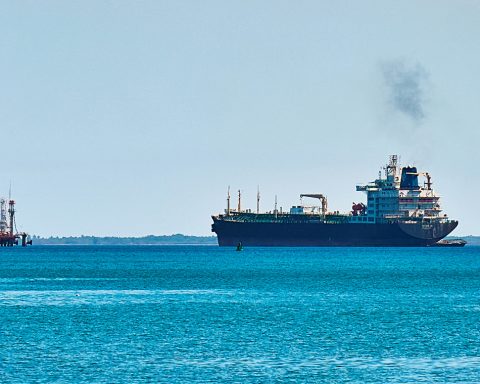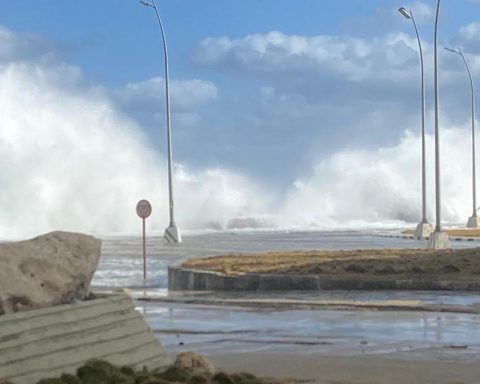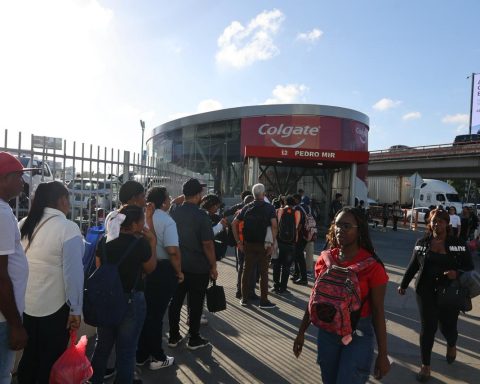On May 1, the Joe Biden administration, through a license from the Office of Assets Control (OFAC) issued license number 42 that establishes the authorization for the extinct 2015 National Assembly negotiate some debts pending related to Citgo and its subsidiary Petróleos de Venezuela SA (PDVSA).
This decision comes after the Delaware Court of Justice pointed out that the so-called “interim government” exercised “extensive control of PDVSA by using funds from its subsidiaries for its own purposes.”
This opened the gate for the ratification of the sentence of federal judge Leonard Stark, issued in October 2022, where he established a schedule for the sale of shares of this company owned by the Venezuelan State.
Among the companies ordered to carry out negotiations for the payment of indemnities and cancellation of debts, both from Citgo and from PDVSA, are the Canadian Crystalex and the American companies OI Glass Inc, Huntington Ingalls Industries Inc, ACL1 Investments Ltd and Rusoro Mining. Ltd.
From Venezuela, the illegality and nullity of all these actions and they have been emphatic in pointing out that they will not recognize any of these negotiations because they consider them irritable since they are carried out by people who usurp functions of the Venezuelan State.
Between litigation and sales
The Citgo brand was created in 1965 by the Cities Service Company, an American utility holding company born in 1910, home to Oklahoma’s first commercial oil well.
After several decades of selective acquisition of natural gas producing properties in Kansas and Oklahoma, in 1964 the reform of its marketing brand was carried out by presenting the name Citgo, keeping the first syllable of its name and ending with GO “to imply can”.
That same year in 1964, Mesa Petroleum attempted a hostile takeover that was in litigation for 20 years of litigation, until on December 3, 1982, Occidental Petroleum finally acquired Cities Service.
A year later, Occidental sold the entire Cities Service Refining, Marketing and Transportation Division, as well as the CITGO brand to the Southland Corporation, owner of the 7-Eleven stores.
For the year 1986, as part of the PDVSA internationalization program which started in 1982 with the establishment of a joint venture with Veba Oel in Germany, the Creole state oil company consummated the acquisition of 50% of the shares of Citgo and by 1990 despite the low profitability of this complex in 1990 they acquired the other 50% .
Subsequently, between 1993 and 2002, other refiner acquisitions were carried out, adding to Citgo, which by 2005 had eight refineries, 60 terminals and 14,885 service stations on US soil.
Bad business?
“Having a refinery in Germany is bad business, just as bad business is Citgo. We have not been able to get out of that, subject to the laws of the United States,” said President Hugo Chávez on October 25, 2010.
This assertion is corroborated by the actions that the Venezuelan government had to undertake, such as the sale of 41.25% of the Lyondell refinery to its majority partner to settle liabilities for an amount greater than 800 million dollars and the subsequent negotiation of the refineries of asphalt Paulsboro and Savannah (2007).
Added to this was the fact that that same year the Champlin refinery was penalized for violation of the Clean Air Act and in 2009 a fire at the same plant resulted in a fine of $300,000 after determining responsibility for the accident.
This low-profit scheme, together with the existing legal insecurity in the United States as a result of the constant threats from the administrations of the White House and the gringo justice system, encourage the Venezuelan government to promote the sale of this asset.
For 2010, the sale price established by PDVSA ranged between 10,000 and 15,000 million dollars and despite the fact that the banks Goldman Sachs, JP Morgan and Deutsche Bank were interested, they were scared away by US court decisions regarding Exxon’s lawsuits. Mobil and ConocoPhillips that demanded the embargo of Citgo to compensate the supposed losses for its exit from the Orinoco Oil Belt.
After years of unsuccessful attempts to negotiate with potential buyers, scared off by a decree signed in 2014 by Barack Obama declaring Venezuela as “an unusual and extraordinary threat”, five years later, Citgo is illegally confiscated by the US to be handed over to a “government interim” that between clumsiness, corruption and truculent negotiations is one step away from finishing it off.
From hope to destruction
Despite this low profitability, and as a measure to invest the little income generated for the benefit of Venezuelans, in 2006 President Hugo Chávez created the Simón Bolívar Foundation, an organization financed by Citgo that guaranteed all the resources for the payment of the transplants to Venezuelan children.
After more than a decade where thousands of children were benefited, this program is suspended due to the illegal confiscation by the extinct administration of Donald Trump, who turned it over to the board of the extinct National Assembly led by Juan Guaidó, who decided to put end this humanitarian aid mechanism under the argument of “taking advantage of existing resources and investing in charities”.
“Among my statutory functions is the organization, promotion and supervision of all the organic processes of the party (…) and for that, obviously, a minimum budget of 34 thousand dollars is required (…). I receive the funds in my account through a US account of Mrs. Muma Rosas, who in turn receives them in her account through the implementers and some resources from the Simón Bolívar Foundation of Citgo, this is precisely for the activity of the party”, confessed Roland Carreño, national leader of Voluntad Popular, thus revealing this financing scheme for political and destabilizing activities with the money that was previously used to save lives.
The consequences of the suspension of the aid program of the Simón Bolívar Foundation, according to figures from the Latin American Foundation for Human Rights and Social Development (Fundalatin), has been the death of 52 Venezuelan infants who were left waiting for resources to finance their transplants, a deadly file that adds to the excesses of opposition extremism and the US in this robbery operation against Venezuela.
